Spider veins are a common cosmetic concern, and sclerotherapy is one of the most effective treatments to eliminate them. If you're considering or have recently undergone sclerotherapy at the Vein Institute at The Cardiovascular Care Group, you...
Read MoreWhat to Expect After Spider Vein Treatment: A Guide to Sclerotherapy Recovery
Pregnancy and Vein Health: What to Expect and How to Manage Symptoms
Pregnancy is an exciting journey, but it also brings changes that can affect vein health. Increased blood volume, hormonal shifts, and the pressure of a growing uterus can lead to varicose veins, spider veins, deep vein thrombosis (DVT), and...
Read MoreThe Connection Between Varicose Veins and Leg Pain: A Comprehensive Guide
Varicose veins are more than just a cosmetic issue — they can be a significant cause of leg pain and discomfort. If you’ve noticed bulging, twisted veins in your legs, you may be dealing with more than just an unsightly problem.At the Vein...
Read MoreDo I Need the Veins You Are Removing?
At the Vein Institute at The Cardiovascular Care Group, one of the most common concerns we hear from patients undergoing treatment for Chronic Venous Insufficiency (CVI) is, "Do I need the veins you are removing?"
Read MoreDo Varicose Veins Return After Treatment?
At the Vein Institute of New Jersey, one of the most common questions we receive from patients is whether varicose veins will return after treatment. Understanding the nature of varicose veins, the effectiveness of treatment options, and what...
Read More



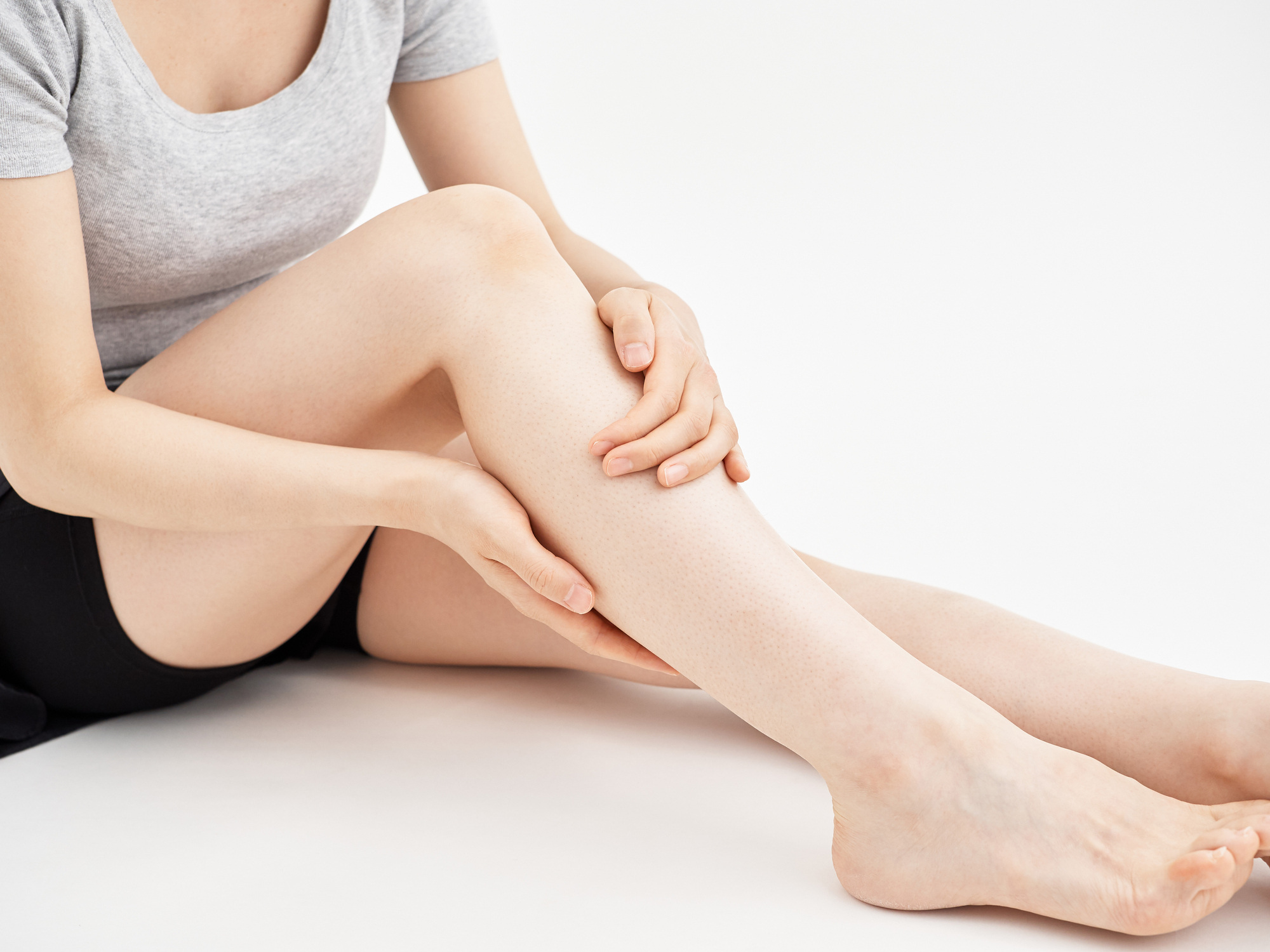
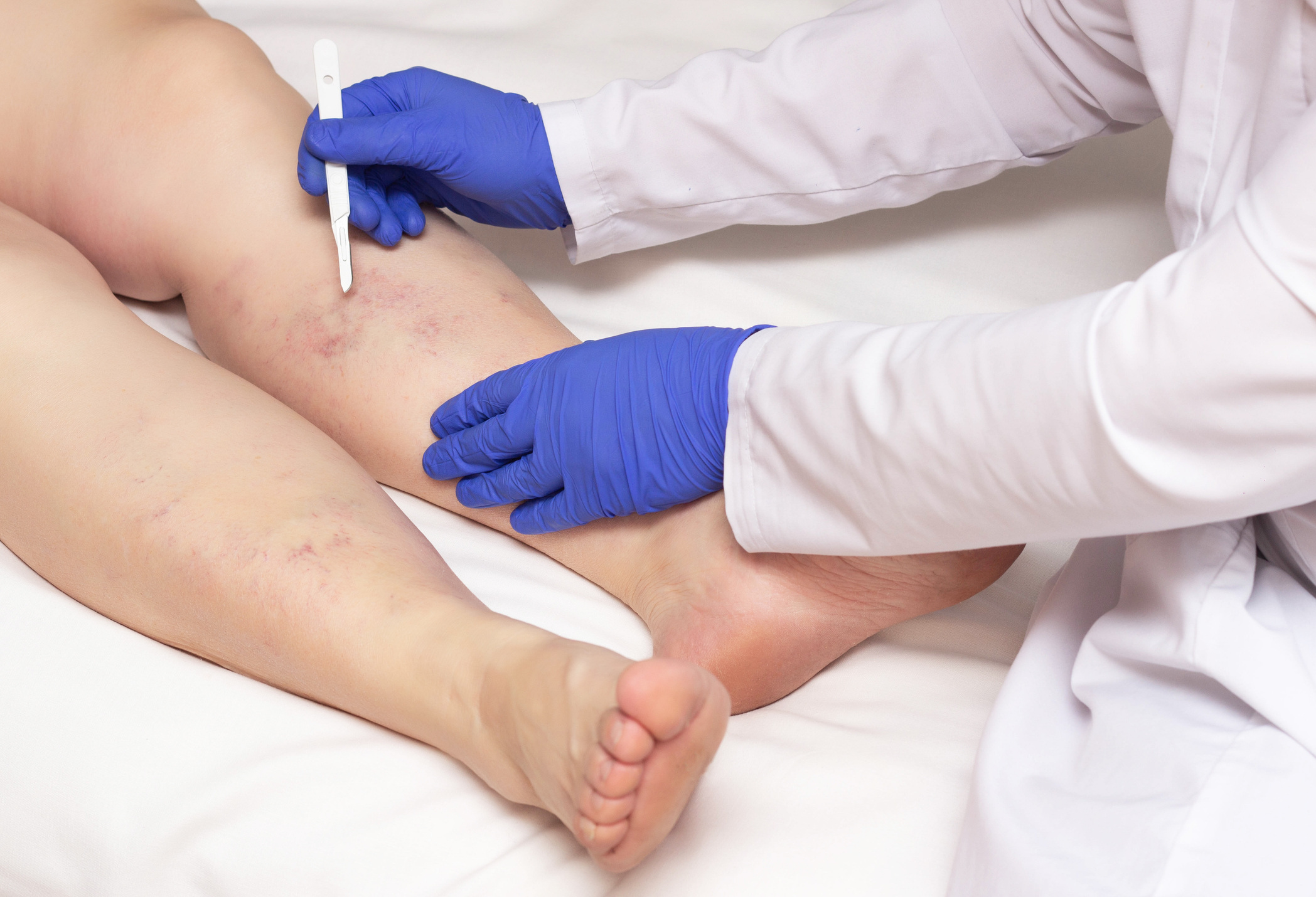
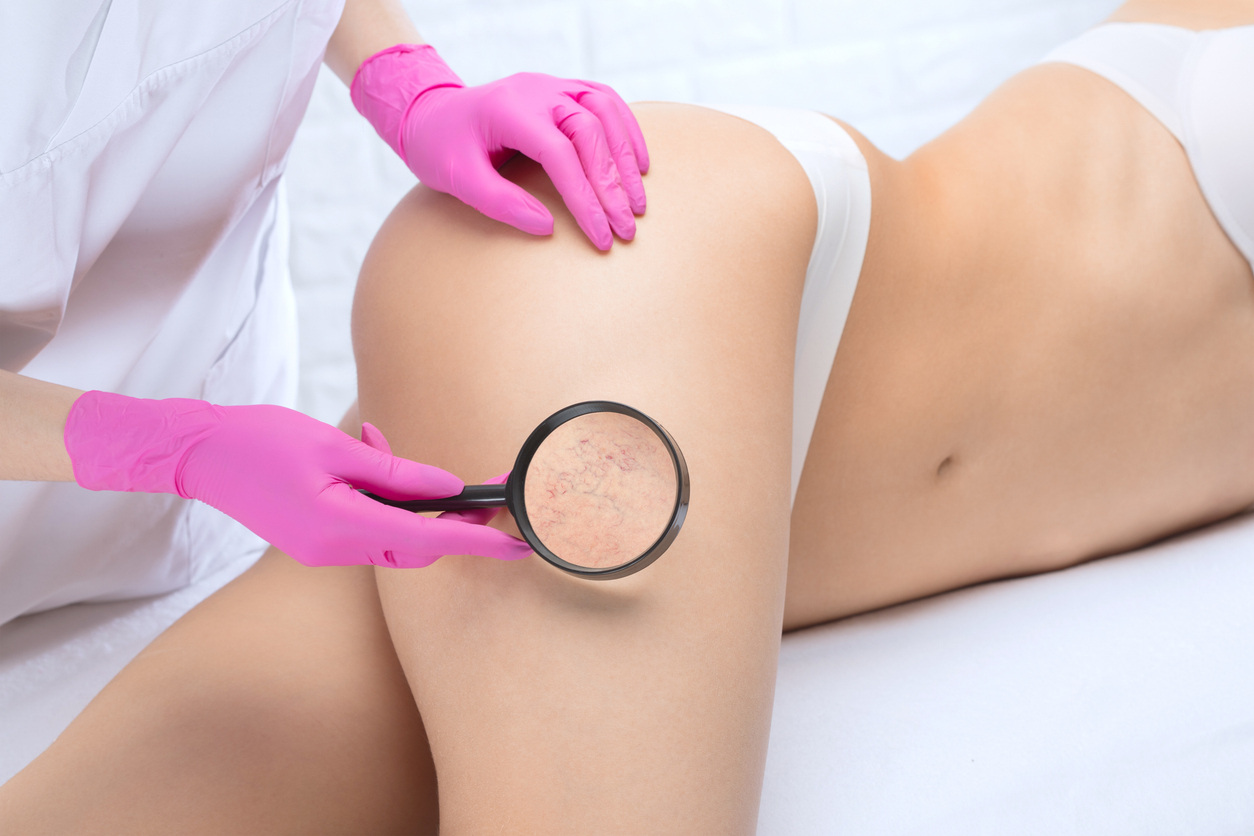

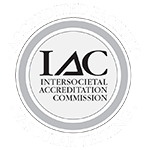
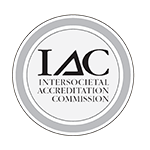


_2.jpg)